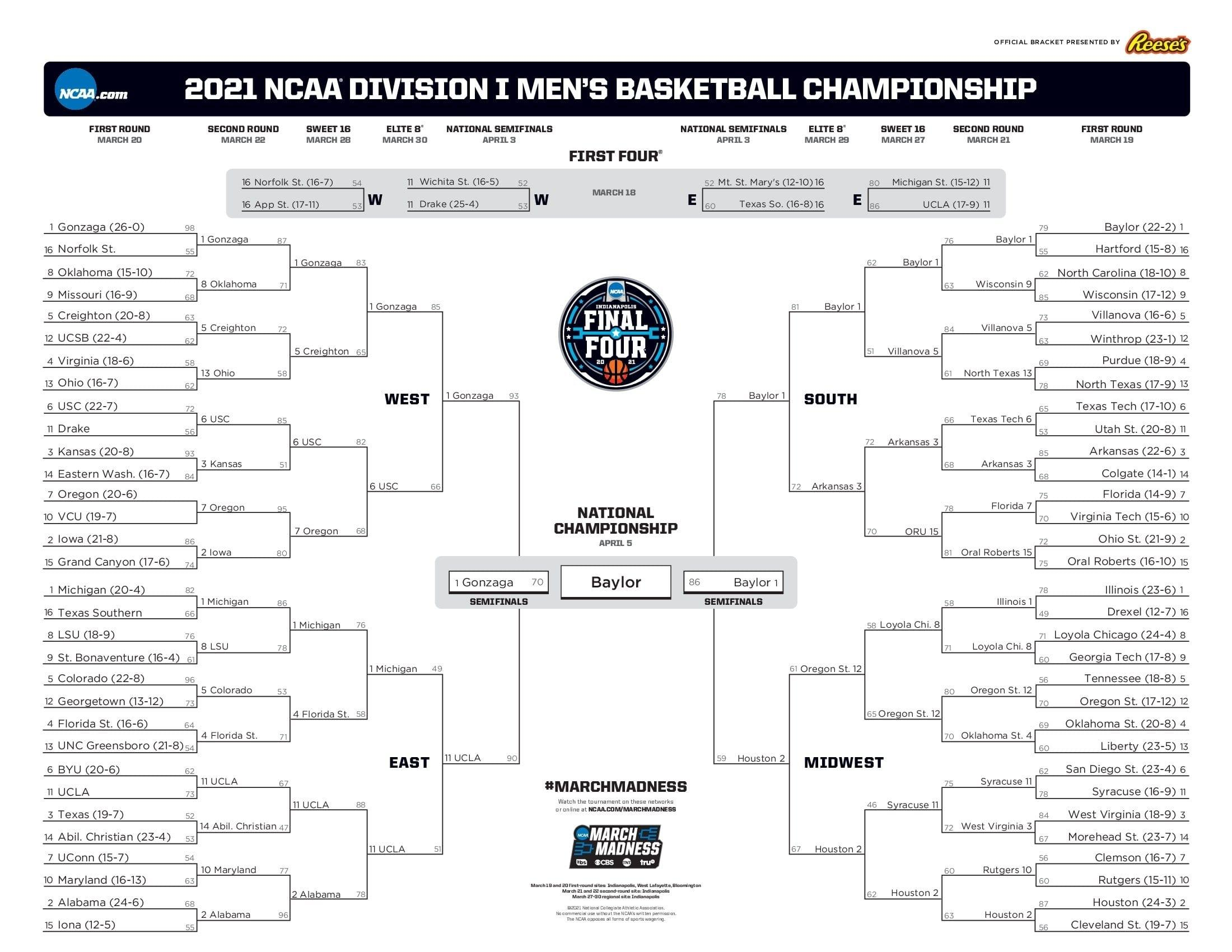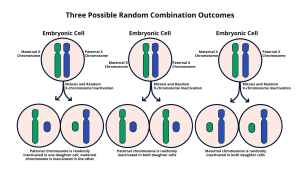NCAA Bracket: The Unlikelihood of a Perfect Prediction
The NCAA bracket is a thrilling aspect of college basketball, drawing millions of fans into the frenzy that is NCAA March Madness every spring. With such immense popularity, fans often wonder about their chances of crafting the perfect NCAA bracket. Statistics reveal that achieving a perfect bracket is an incredibly daunting task, akin to winning the lottery multiple times! Experts suggest that while the NCAA bracket odds are stacked against you, strategic bracket prediction can still lead to a winning NCAA bracket in office pools or friendly competitions. This combination of excitement and challenge is what makes each March a highly anticipated event for sports enthusiasts.
When discussing the NCAA tournament format, many refer to the tournament grid that organizes the matches—a framework also known simply as a bracket. This single-elimination series showcases the best college basketball teams as they vie for the ultimate title. The unpredictability of outcomes and potential upsets makes creating a flawless tournament chart seem nearly impossible. Many enthusiasts engage in strategic predictions focused on team performance and past victories, aiming to claim victory in their respective pools with their own version of the ideal tournament selection. Furthermore, the competition surrounding this sporting event fosters friendly rivalries and adds to the overall excitement, making the bracket a central piece of the March Madness experience.
Understanding the Odds of a Perfect NCAA Bracket
The quest for a perfect NCAA bracket is often likened to searching for a needle in a haystack. Statistically, the odds of achieving this perfect feat in NCAA March Madness are astronomically low. With 64 teams competing, making the correct call in all 63 games leads to a calculation of 1 in 2 to the power of 63. This results in quintillions of possibilities, illustrating just how monumental the task is. In fact, it’s estimated that one would have better luck winning the Powerball lottery twice in succession than accurately predicting every game in the tournament. This sheer improbability highlights why, despite the enthusiasm surrounding the bracket prediction process, a perfect NCAA bracket remains an unattainable goal for most fans, locked away in the realms of statistics.
Even experts acknowledge that the historical precedent supports the rarity of a flawless bracket. No verified instance has been recorded, emphasizing the unpredictability of the tournament’s outcomes. While many fans eagerly participate in bracket pools associated with March Madness, the focus often shifts from achieving perfection to strategically selecting teams that will outshine others in the pool. Realistically, most participants aim for a favorable advancement in their local competitions rather than a mythical perfect NCAA bracket.
Frequently Asked Questions
What are the odds of creating a perfect NCAA bracket?
The odds of creating a perfect NCAA bracket are astronomically low, estimated to be 1 in 2^63, which is in the quintillions. This means that statistically, it is unlikely for anyone to achieve a perfect NCAA bracket in their lifetime, as no one has officially reported doing so.
How do I improve my chances of winning my NCAA March Madness bracket?
To improve your chances of winning your NCAA March Madness bracket, focus on a mix of picking favorites and strategically selecting upsets. Analyze team statistics and matchups to differentiate your bracket from others in your pool, especially in larger competitions.
What strategies can help with my NCAA bracket predictions?
For more accurate NCAA bracket predictions, utilize data analysis on team performance, player injuries, and historical trends. Incorporate a blend of safe picks and calculated upsets to stand out in bracket competitions, while keeping an eye on top-seeded teams, which usually perform well.
Why is it nearly impossible to achieve a perfect NCAA bracket?
Achieving a perfect NCAA bracket is nearly impossible due to the unpredictable nature of college basketball, including upsets and varying team performances. The inherent complexity of predicting outcomes across 63 games contributes to the extreme difficulty.
What should I consider when filling out my NCAA bracket?
When filling out your NCAA bracket, consider the seedings of the teams, recent performance, injuries, and potential matchups. Balancing safe picks with a few calculated upsets can greatly enhance your chances of a successful NCAA bracket in a competitive environment.
Are there tools to help with NCAA bracket predictions?
Yes, several tools and websites offer analytics, predictions, and historical data to help with NCAA bracket predictions. Utilizing these resources can increase your understanding of team dynamics and improve the accuracy of your bracket.
How can I differentiate my NCAA bracket in a large pool?
To differentiate your NCAA bracket in a large pool, make unique upset picks based on analysis rather than solely favoring top seeds. This strategy can help you outscore opponents who play it safe and opt for conventional choices.
What factors contribute to winning an NCAA bracket pool?
Winning an NCAA bracket pool typically depends on a combination of choosing the right favorites, identifying potential upsets, and having a strategy that sets your picks apart from others. Analyzing team statistics, matchups, and overall trends increases your likelihood of success.
| Key Point | Explanation |
|---|---|
| Odds of a Perfect NCAA Bracket | The odds of picking a perfect bracket are 1 in 2^63, which is astronomically low, similar to winning the Powerball twice in succession. |
| Historical Context | No one has reported achieving a perfect NCAA bracket in history. |
| Top Seeds’ Performance | The top seeds typically don’t lose in the first round, increasing the difficulty of achieving a perfect bracket. |
| Strategies for Winning Pools | To win an office pool, it’s important to pick favorites while also selecting a few upsets to stand out among competitors. |
| Decision-Making in Bracket Picks | While some outcomes seem like a coin flip, rely more on data when there’s a distinct skill gap between teams. |
Summary
The odds of achieving a perfect NCAA bracket are incredibly slim, making it an almost unattainable goal for fans and analysts alike. With a staggering probability of 1 in 2^63, expert statisticians strongly suggest that it’s unlikely anyone will ever create a flawless bracket in their lifetime. As March Madness unfolds, while everyone hopes for this perfect outcome, understanding the dynamics of team performance, particularly the historical success of top seeds and the unpredictability of upsets, becomes crucial for making informed predictions. Thus, for anyone participating in NCAA bracket predictions, focusing on strategy can increase your chances of success, especially in competitive pools.



